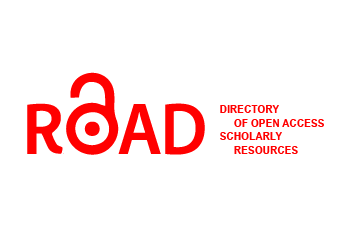AI in Education: The Double-Edged Sword
DOI:
https://doi.org/10.37185/LnS.1.1.1003Keywords:
AI, EducationAbstract
Educational institutions have benefited from the implementation of artificial intelligence (AI), which has
optimized and improved their tasks. Utilizing educational tools, AI-driven instructors, and cutting-edge
technology that supports independent study, educational institutions are becoming more accessible and
customized to meet the unique needs of students.1 Artificial intelligence has the potential to transform how
individuals learn at educational institutions around the world. The rapid pace of development has provided
individuals with increased options and improved their capacity to utilize technology more effectively. The
established standards, especially those of an ethical nature, face challenges from emerging possibilities that
necessitate careful scrutiny.
AI can assist educators in improving the skills of every student by facilitating the modification of course difficulty
levels. They can now observe the engagement and performance of their students in real time. As a result,
instructors are equipped to assist each student more effectively.1 Language translators, virtual assistants, and
educational chatbots serve as prime examples of AI systems that assist students who are unable to attend
school or encounter difficulties in language communication. This advanced technology offers significant
advantages to individuals from various backgrounds. However, some individuals argue that this has reduced
the importance of educational attainment in comparison to earlier times.
While taking the importance of AI into consideration, there is also much hue and cry about the adverse effects
of its use. As sole reliance on AI can affect one's creativity and memory as well as critical thinking. Risko and
Gilbert proposed that cognitive offloading can be achieved via using an external tool, and this can free up
memory, but it can also lead to decline in skill development and cognitive activities.2 Similarly, Sparrow et al
concluded that using search engines for information can affect processing of information and memory.3 Thus,
continuous use and sole reliance on AI will make human dependent on AI and in turn will result in reducing
cognitive abilities.
AI has the potential to revolutionize the way we acquire knowledge in every aspect. When utilizing this
advanced tool, it is essential to exercise the highest level of caution. This initiative should support educators in
improving their effectiveness in their professional roles, rather than replacing them. Legislators and educators
must consider the ethical, social, and technological implications of utilizing artificial intelligence to improve the
equity, accessibility, and human-centered approach of educational institutions. The ability of AI to demonstrate
creativity and empathy will determine its effectiveness in educational settings.4
AI has enormous potential to support educational environments; however, it should be utilized thoughtfully
and with care.5 The extent to which AI in education harmonizes innovation with human values will ultimately
determine whether it simplifies or complicates the learning process, and how it influences individuals' capacity
for meaningful engagement. It is crucial for us, as leaders in education, to carefully observe the implementation
of AI in our universities.
Editor-in-Chief
How to cite this: Alamgir W, Haider A. AI in Education: The Double-Edged Sword. Life and Science. 2025; 6(3): 308-309. doi: http://doi.org/10.37185/LnS.1.1.1003











